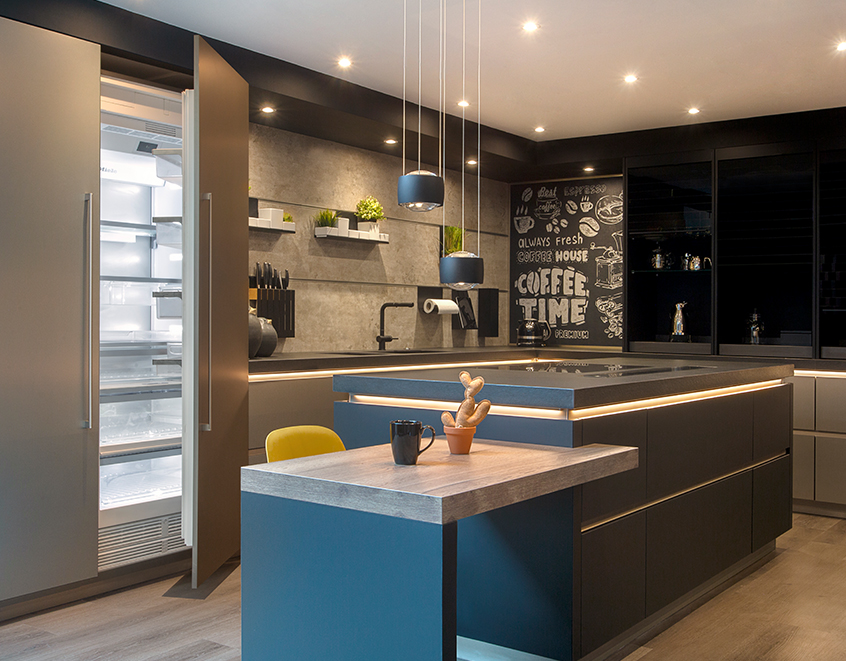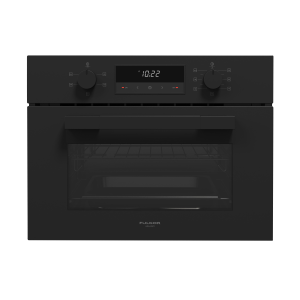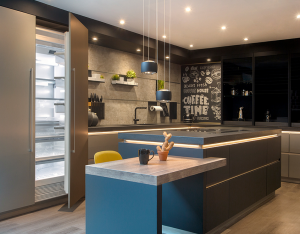
Undertaking a kitchen renovation is an exciting yet intricate process that involves careful planning and thoughtful decision-making. Whether you’re aiming for a complete transformation or subtle upgrades, understanding the basics is essential for a successful kitchen renovation project.
The foundation:
Before diving into the renovation process, establish clear goals for your project. Identify what aspects of your kitchen need improvement, whether it’s updating appliances, enhancing storage, or changing the overall aesthetic. Additionally, set a realistic budget that aligns with your goals, ensuring that your renovation stays within financial parameters.
Functionality matters:
Evaluate the existing layout and functionality of your kitchen. Consider factors such as traffic flow, workspace efficiency, and the placement of appliances. Identify areas that require improvement and envision how the updated layout can better suit your cooking habits and lifestyle.
Aesthetic appeal:
The design phase is a crucial aspect of kitchen renovation. Determine the style you want to achieve – whether it’s modern, traditional, rustic, or a blend of styles. Select color schemes, materials, and finishes that resonate with your vision. Pay attention to details such as cabinet styles, backsplash options, and flooring choices to create a cohesive and aesthetically pleasing design.
Durability matters:
Selecting high-quality materials is paramount for a successful renovation. Invest in durable flooring, countertops, and cabinetry that can withstand the demands of a busy kitchen. Quality materials contribute to the longevity and overall resilience of your renovated space.
Efficiency and style:
When choosing appliances, prioritize efficiency, functionality, and style. Opt for energy-efficient models that align with your cooking needs. Consider finishes that complement your kitchen design, whether it’s stainless steel for a modern look or retro-inspired colors for a vintage vibe.
Also, decide whether you’ll tackle the renovation as a DIY project or enlist the help of professionals. If you have the necessary skills, time, and confidence, a DIY approach can be cost-effective. However, complex tasks like plumbing or electrical work may require professional expertise to ensure safety and compliance with building codes.
In short, mastering the basics of kitchen renovation involves meticulous planning, thoughtful decision-making, and a balance between aesthetics and functionality. By setting clear goals, assessing your space, and paying attention to lighting, you can begin a successful kitchen renovation journey that transforms your culinary space into a functional and stylish haven.







